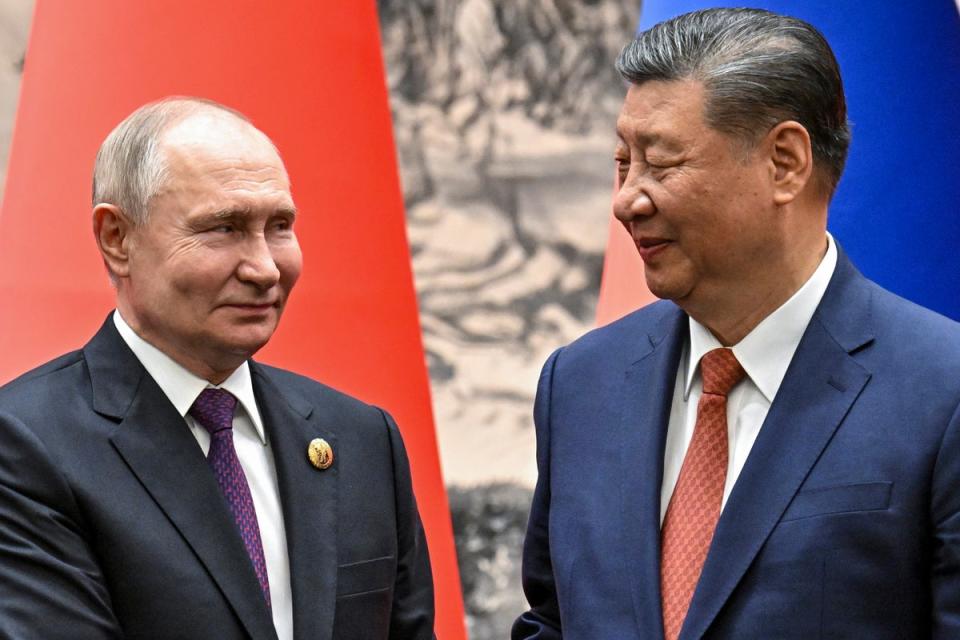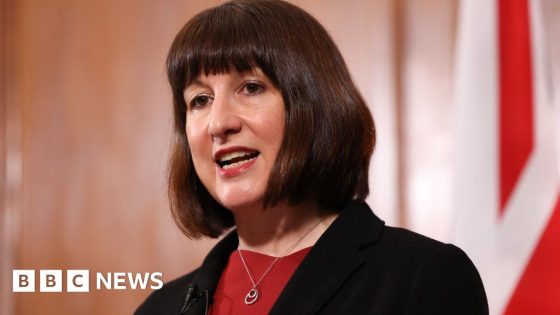China’s President Xi Jinping has called for the building of “bridges” in the global economy as his nation struggles to reignite growth following the end of strict Covid-19 measures.
Beijing continues to grapple with trade and territorial disputes with neighbours and trading partners, and is beset by a debt crisis in the property sector, persistently low consumption and high youth unemployment.
The world’s second largest economy will continue on the road of peaceful development, Xi told a conference to mark China‘s guiding principles for foreign affairs, first created in the 1950s.
“Facing the history of peace or war, prosperity or unity or confrontation, more than ever before, we need to carry forward the spirit and connotation of the Five Principles of Peaceful Coexistence,” Xi said.
These principles were first formulated in a 1954 agreement with regional rival India over their Himalayan border. However, Indian officials were not in attendance at the conference.
Since the mid 20th century, China’s ruling Communist Party has gone from United Nations outsider to a growing diplomatic presence globally and presiding over a £14.7 trillion economy.
“In the era of economic globalisation, what we need is not to create chasms of division, but to build bridges of communication, and not raise the iron curtain of confrontation but to pave the way of cooperation,” Xi added.

Beijing has now signaled a desire for other countries to see it as a diplomatic heavyweight, even as other nations accuse it of economic coercion and unfair competition.
After China brokered an unexpected easing of tensions between Iran and Saudi Arabia last year, China’s top diplomat, Wang Yi said the country would continue to play a “constructive role” in international conflicts such as Gaza.
But the country’s unwillingness to condemn Russia’s invasion of Ukraine and its pursuit of a “no-limits partnership” with Moscow as faced sharp criticism from Western allies of Kyiv.
China’s trade ties with the European Union have also come under strain as the bloc of 27 nations plans to impose additional tariffs on Chinese-made electric vehicles.
The EU accuses China of flooding its market with cheap electric cars produced by Chinese automakers that have benefited from heavy state subsidies.
Ties with India have been tense since the biggest military confrontation in decades on their disputed Himalayan border in June 2020, which killed 20 Indian and at least four Chinese soldiers.
Additional reporting by Reuters
Source Agencies

